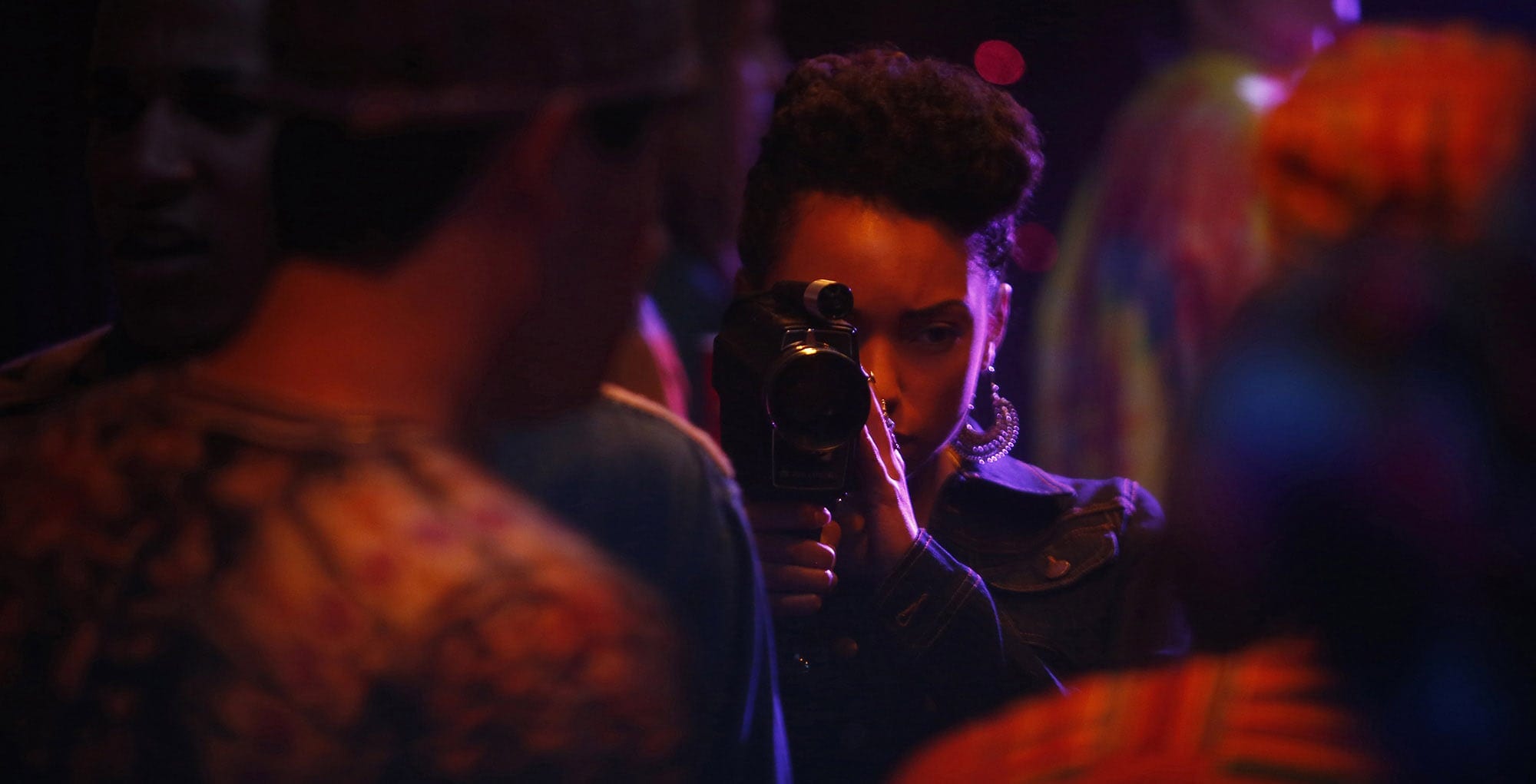
Stay woke: Five things ‘Dear White People’ got right in S2
Dear White People is back with its second season, y’all! And it’s good. As a show that tasks itself with satirizing modern-day racial tensions, Dear White People bears a heavy cross. To celebrate the return of one of television’s most controversial and culturally relevant shows, let’s discuss five things the show got right this season.
Dealing with Reggie’s PTSD
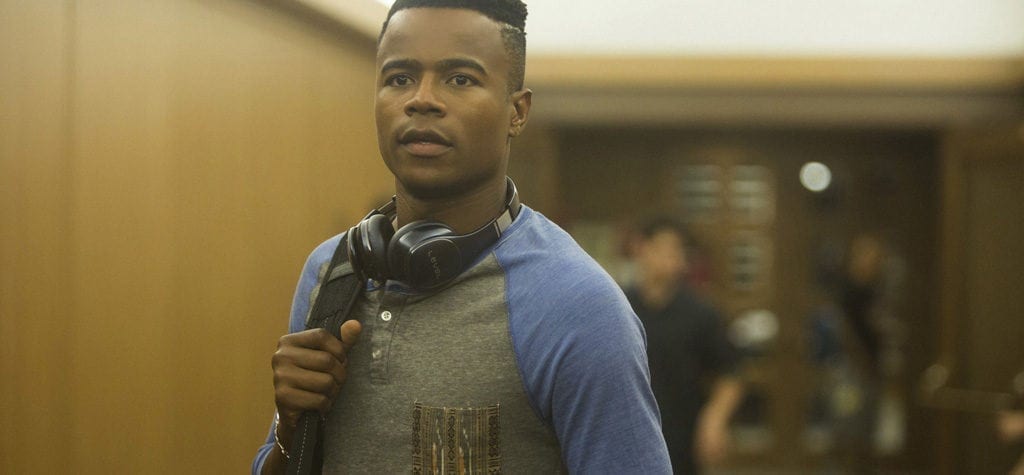
Last season we saw Reggie (Marque Richardson) come face-to-face with the barrel of a campus police officer’s gun. Season two takes us through his stages of grief: despondency, isolation, anger, rejecting pity sex, gleefully accepting pity sex, and finally, healing. In a climate where black male trauma is so commonplace, Dear White People definitely takes its time with this portrayal.
Showing love to the Kellys
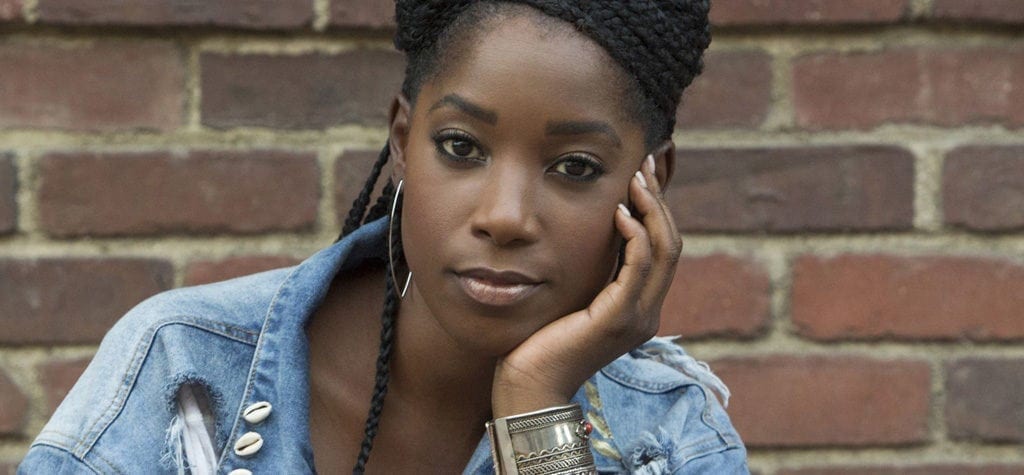
Everyone loves Queen Bey. But what about the Kellys? Season two gives us some much needed facetime with Joelle (Ashley Blaine Featherson) and CoCo (Antoinette Robertson), two self-proclaimed Kellys. Last season, Joelle & CoCo both played second and third fiddle to Sam. This season we see Joelle brave the wiley ways of a hotep and finally get the attention of the man she wants, and we see CoCo choose her future over a life with a shiftless legacy kid. There’s hope for the Kellys yet.
Shows within a show
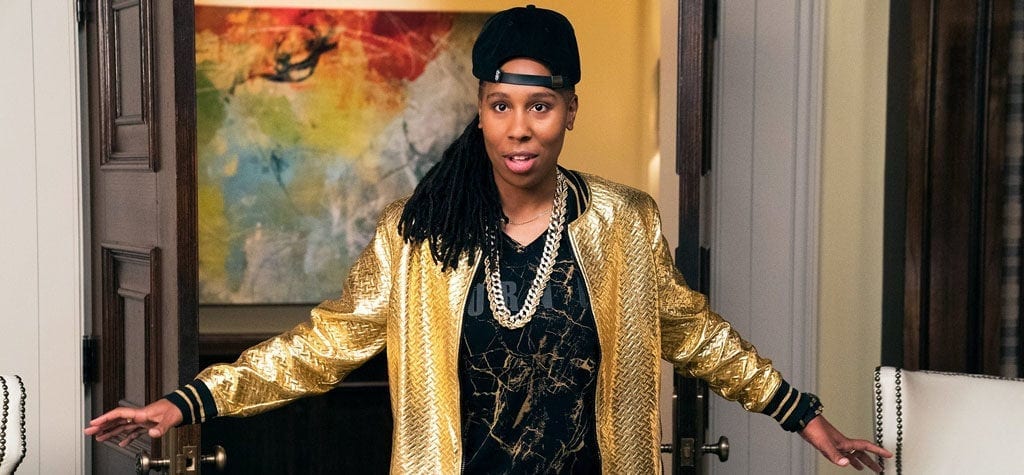
Back again from last season, the show continues to satirize black reality shows and network dramas. Classics like Dereca: Set Me Straight remain, with the addition of a Love & Hip Hop parody featuring a closeted lesbian named P. Ninny (played by Lena Waithe). While these clips provide timely comic relief, they also highlight the ways that we rely on trash TV and escapism to cope with everyday racial trauma.
Major moments with minor characters
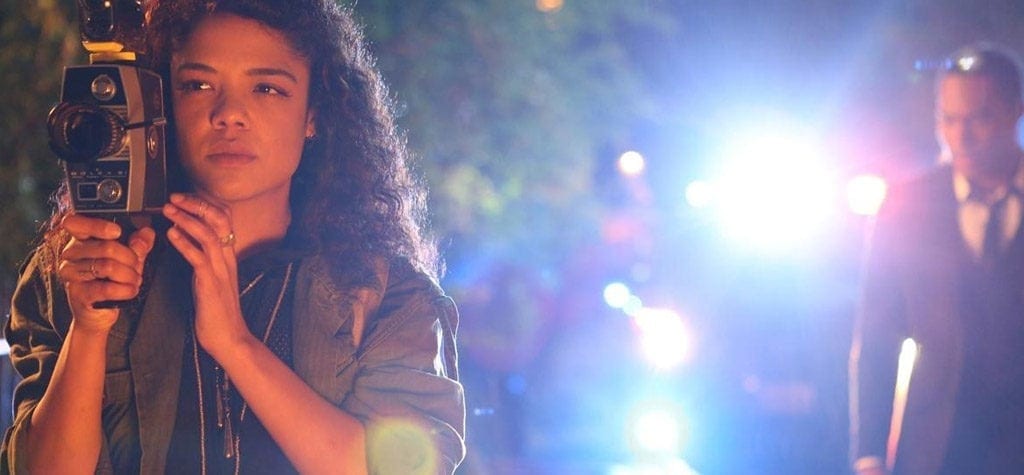
Perhaps the show’s greatest strength is in its ability to build archetypal characters that reflect and exaggerate people we see in our actual lives. This season, we come to find out that Kelsey (Nia Jervier) – who was introduced to us as a stereotypical Black Becky – is Trinidadian, a lesbian, and an exceedingly compassionate roommate. We are also introduced to conservative pundit Rikki Carter (Tessa Thompson), who serves as a foil to Sam’s progressive righteousness. Rikki’s character forces both Sam and us as viewers to consider that everyone involved in this story is simply playing a role. This hits home even harder when the racist Twitter troll @AltIvyW is revealed to be not a disgruntled white student, but Silvio (D.J. Blickenstaff) – a gay, Latino, pseudo love interest of Lionel’s (DeRon Horton). Rikki & Silvio both demonstrate one of the season’s deeper themes – that bigotry is adaptable and does not always come in the expected packaging.
Bringing history to the forefront
This season we get deeper into the history of Winchester via interludes delivered by the show’s narrator (Giancarlo Esposito). Through this stately and seemingly omniscient voice, we come to understand the murky history of black students at Winchester and are given bread crumbs that eventually lead us to the face of the nameless narrator himself. In a show that boldly addresses present day racial tension, the appearance of the narrator reminds us that history is as much a part of the present as it is the past.



